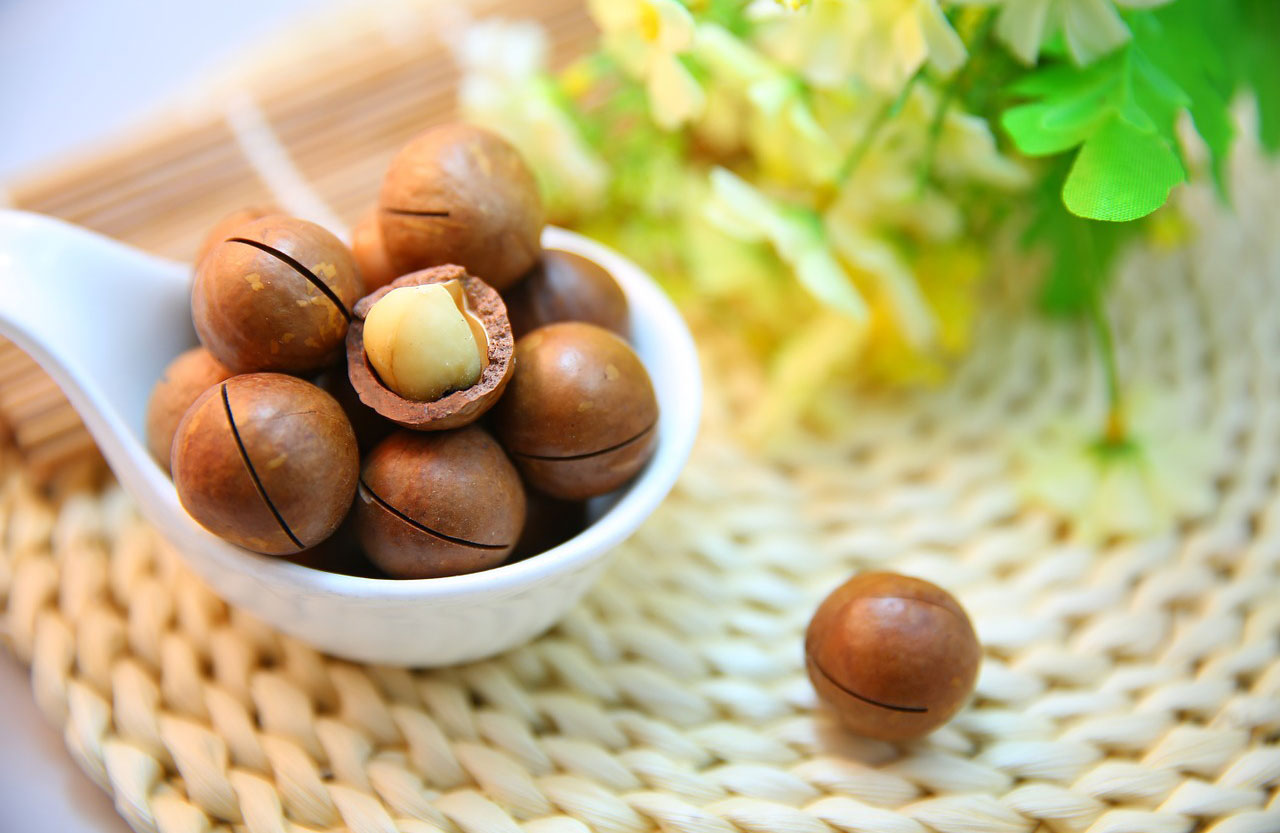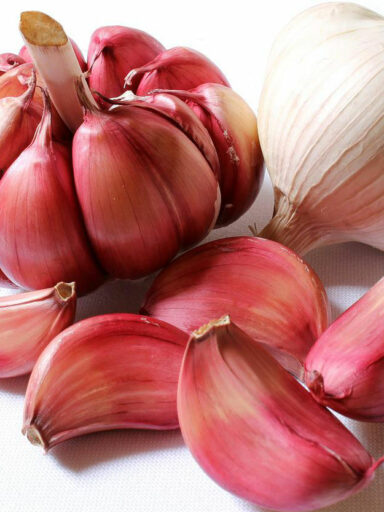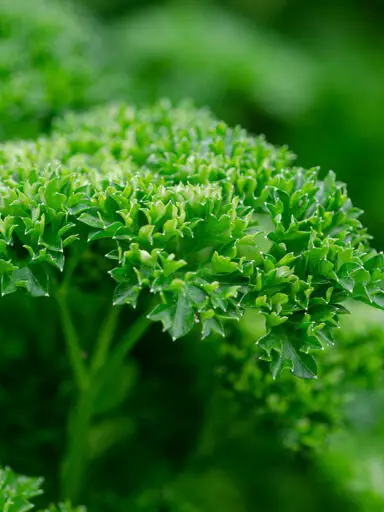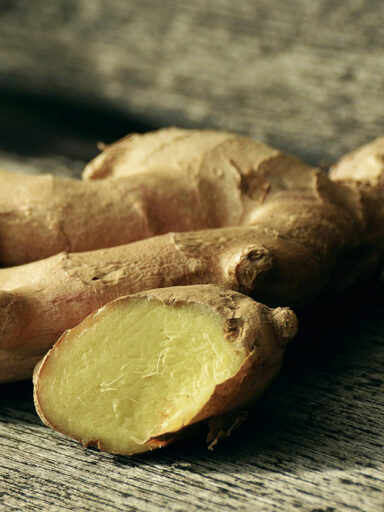Macadamia nuts are native to the East Coast rain forests of North Eastern, New South Wales, and central and southeastern Queensland Australia.
Other areas where these edible nuts are known to grow in abundance include South Africa, Central America, and Brazil. The Hawaiian Islands are also other popular areas where you will find large amounts of Macadamia nuts being grown.
Other common names include Australia nut, Queensland nut, Bush nut, Maroochi nut, Bauple nut, and Hawaii nut.
Mature Macadamia trees reach about 2-15 meters in height and are evergreen plants.
Macadamia nuts can be bought processed in shelled, unshelled, salted, roasted, sweetened, and many other forms. Whole unshelled nuts instead of processed ones are preferable for use in some recipes.
Macadamia Nut in Cooking
Macadamias are usually eaten on their own. They can be cracked open using a nut-cracker machine. They are also popularly eaten roasted, salted, or sweetened.
It is common to find them sprinkled over salads, desserts, and sweets when not eaten on their own. Most commonly seen on ice cream recipes. It is also common to find the nuts baked in cookies, biscuits, sweets, and cakes.
Macadamia butter and its oil can also be used in cooking. The butter is rich in protein and is used to prepare sandwiches, salad dressings, and sauces. The oil can be used in cooking in place of corn oil to prepare fish dishes, meat dishes, vegetables, and salads.
Health Benefits of Macadamia Nut
100 grams of these nuts provide about 740 Calories and contain numerous minerals, antioxidants, vitamins, and plenty of dietary fiber. Macadamia is also free from gluten.
Macadamias are a rich source of minerals such as calcium, iron, magnesium, manganese, zinc, and selenium. The nuts are also rich in vitamins such as niacin, vitamin B6, thiamin, and riboflavin.
They also contain vitamin A and vitamin E in smaller amounts. As far as fatty acids go, the nuts are rich in mono-unsaturated fatty acids such as oleic acid and palmitoleic acids.
Macadamias are toxic to dogs. In skincare, it is used to make cosmetics but can also cause allergic reactions in some people.




